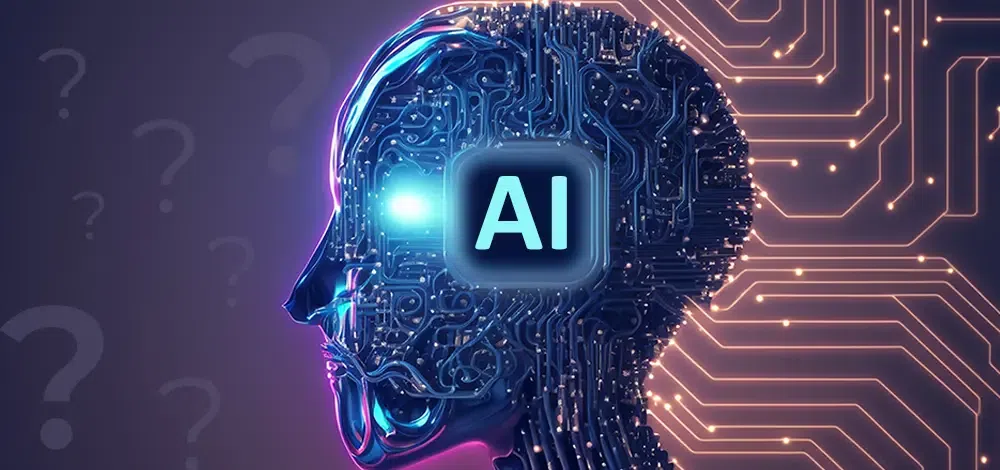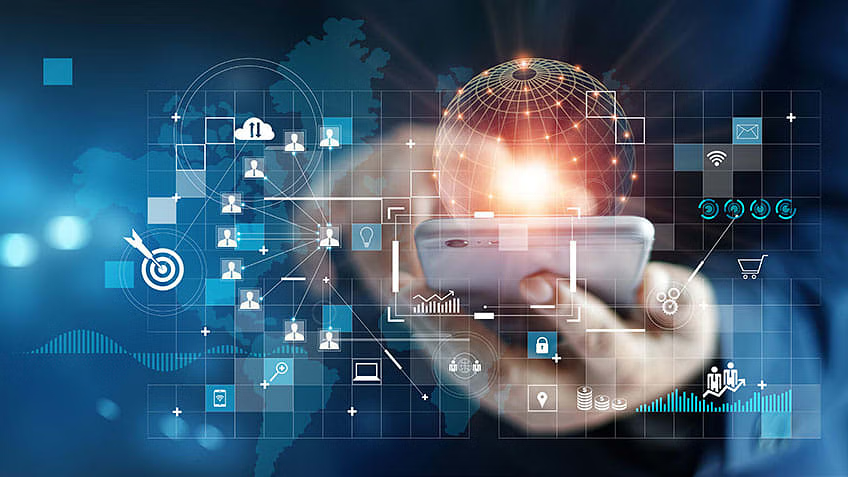In the ever-evolving educational landscape, artificial intelligence (AI) is emerging as a powerful ally rather than a threat. Far from fears that robots will take over classrooms, AI has the potential to positively revolutionize education. Let’s explore how AI could be the catalyst for an educational renaissance.
The Positive Impact of AI in Education
Assisting Students in Assignments and Providing Inspiration:AI can act as a digital companion for students, supporting them with their assignments and sparking inspiration. With a personalized learning experience, students receive targeted support to master complex topics with ease.
Bringing Subjects to Life:
AI has the ability to make topics more engaging and interactive.
Through virtual simulations, immersive experiences, and real-time data analysis, AI can bring topics to life and make learning engaging.
Assisting in Writing Activities:
The collaboration between students and AI in writing activities is groundbreaking. AI can provide real-time feedback, suggest improvements, and foster creative partnerships that improve students’ writing skills.
Enhancing Reading Comprehension:
AI becomes a virtual reading companion that asks text-related questions, highlights important points, and adapts the learning experience to individual needs. This personalized approach deepens understanding and fosters a love of reading.
AI is not only useful for students, it is also really helpful for teachers. Here is how:
Automating Tasks for Teachers:
Teachers are often busy with administrative tasks. From tracking attendance to grading, AI can automate these tasks so teachers can focus on building meaningful relationships with students.
Supporting Teachers in Lesson Planning:
Time-consuming tasks like lesson planning, progress tracking, and grading can be automated with AI support. This not only saves time, but also allows teachers to focus on refining their teaching strategies and connecting with students personally.
Personalized AI Tutors:
The arrival of personalized AI tutors is expected to transform average students into outstanding students and provide targeted support to students who are struggling. This individualized attention transforms the learning journey for students of all abilities.
Cheating Concerns:
AI has the potential to address concerns about academic honesty.
By providing personalized assessments, monitoring student progress, and customizing learning materials, AI can create an environment where there is less temptation to cheat.
AI’s Growing Importance in the Future
AI is not a passing trend, It is the future of education. As technology continues to evolve, and as AI continues to become better and better, it will become an important part of the education ecosystem. The integration of AI is not about replacing human teachers, but rather enhancing their skills and creating a rich learning environment.
Skeptical Views
Although the potential benefits of AI in education are huge, skepticism still remains. Some worry about the dehumanization of education and the loss of the personal touch of teachers. Concerns about privacy, the digital divide, and the potential for overreliance on technology also contribute to skepticism.
Conclusion: A Harmonious Alliance of Human and Artificial Intelligence:
As we enter the era of AI in education, it is important to view AI as an alliance rather than a competition. From personalized learning experiences to efficient administrative support, the positive impact of AI has the potential to positively transform education. Through thoughtful integration and a focus on putting human connections at the heart of education, AI can be a force for real progress and enlightenment in classrooms around the world. The future of education lies not in humans versus machines, but in the coexistence of human wisdom and artificial intelligence.





















